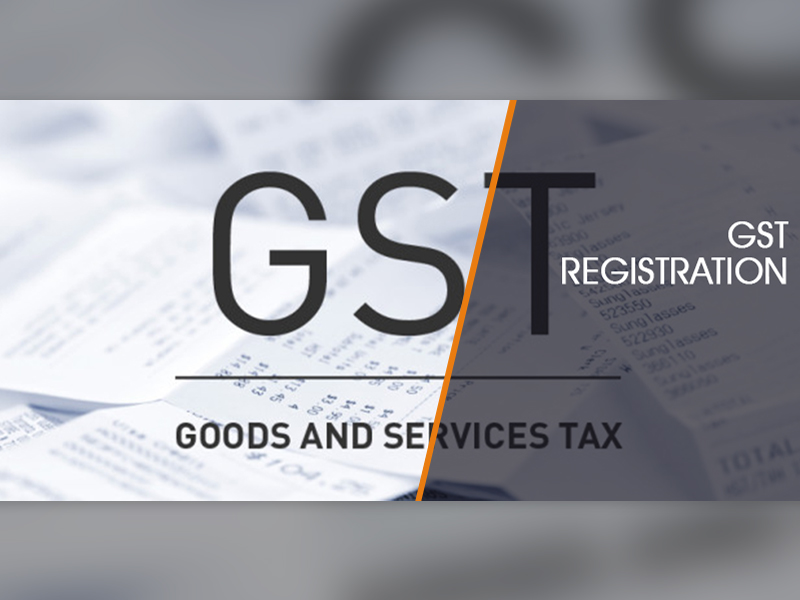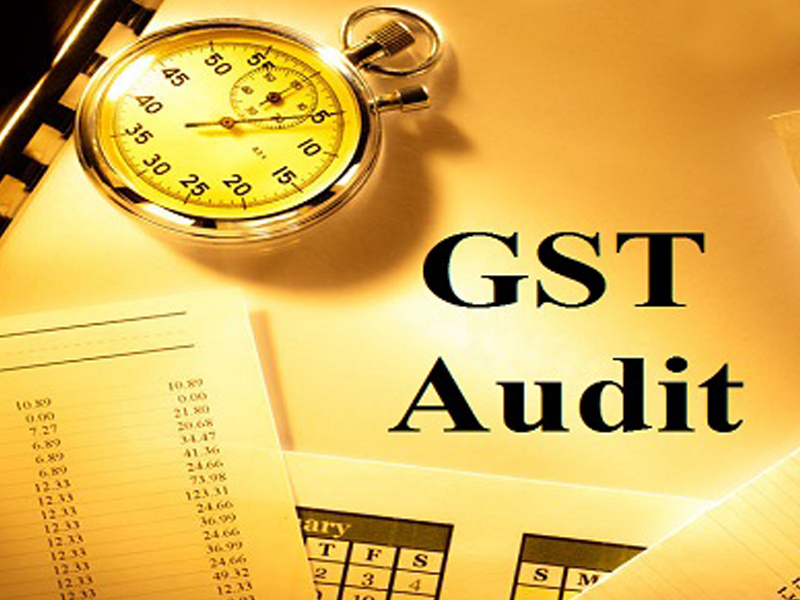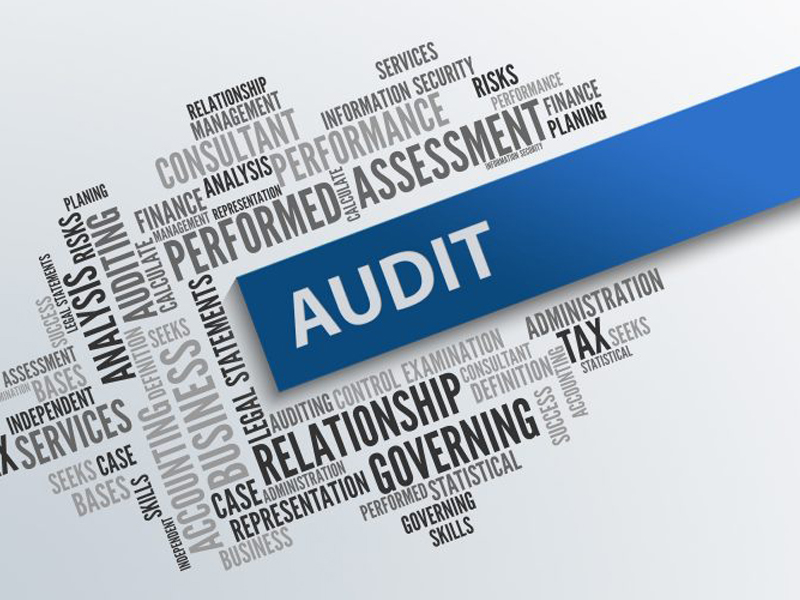
Income Tax
Income Tax is a tax that is forced on entities (businesses) or individuals concerning their profits and income they have earned accordingly within their jurisdiction. These collected taxes are utilized in several beneficial things like providing goods for citizens, funding public service, paying government obligations, etc.
Also, the taxation rates may change as per the type of income and also by the type of characteristics of the taxpayer.

GST Registration & Returns
GST is Goods and Services Tax and GST Return is a format in which respective taxpayers have listed under the GST (Goods and Services Tax) law and they have to separately file for each registration accordingly. After successful business registration, a unique registration number is generated and assigned namely Goods and Services Tax Identification Number (GSTIN).
A regular taxpayer is bound to file two returns per month namely – GSTR-1 and GSTR-3B. Also, GSTR-9/9C (an annual return) has to be filed for each GST registration separately.

TDS
TDS is an abbreviation for the Tax Deducted at Source. Any Person or a company making a payment is bound to deduct a tax at source when the payment outstrips certain threshold limits. As per the tax department’s rate prescription, the TDS has to be deducted obligatorily.
It is pivotal to understand that the Tax Deducted at Source (TDS) is the total sum that is taken off from the income of the taxpayer from their rent, interest earned from the bank, salary, etc. You can also get a TDS refund if you have accidentally paid more TDS to the government than you owe.

Professional Tax
In India, Professional tax is termed as a tax that is imposed on almost all individuals who earn living through various mediums by the State Government. In other words, this is a type of tax that has to be paid essentially by every income-earning individual.
A person who is getting his salary, practicing professionals such as doctors, Company Secretary, Lawyer, Charted Accountant, etc. all are bound to pay the professional tax monthly as per the pre-determined slabs.

GST Audit
GST Audit process can be termed as a process of examining a taxable person through his or her several documents, returns, and records, etc. which are supposed to be maintained for easy assessment. The main motto is to verify the accuracy of the declared turnover, taxes paid, claimed a refund, and the avail input tax credit. GST Audit is also performed to evaluate the compliance with the provision of the GST.
The GST audit requires copies of Agreements and invoices, copy of letters from the management, details of the sales made, tax paid, the credit availed, copy of GST return, etc.

Tax Audit
Tax Audit in actual is a verification to check the correctness of your income and deductions tax return by the IRS. Tax Audit happens when the IRS wishes to examine closely all your tax returns concerning your income and deductions accordingly.
Generally, there are 4 kinds of tax audits namely: Office audit, Correspondence, field, taxpayer compliance measurement program, etc. However, incomplete tax returns or incorrect data may trigger an audit.

Statutory Audit
A statutory Audit can be described as a Review that is executed to check whether a respective company is providing a precise description of its financial affairs by examining the data such as – bank balance, books of accounts, and financial statements.
It is crucial to know that all the private and public limited companies have to undergo a Statutory Audit. Moreover, banks, insurance companies, investment firms, and brokerage also are subjected to audits.
